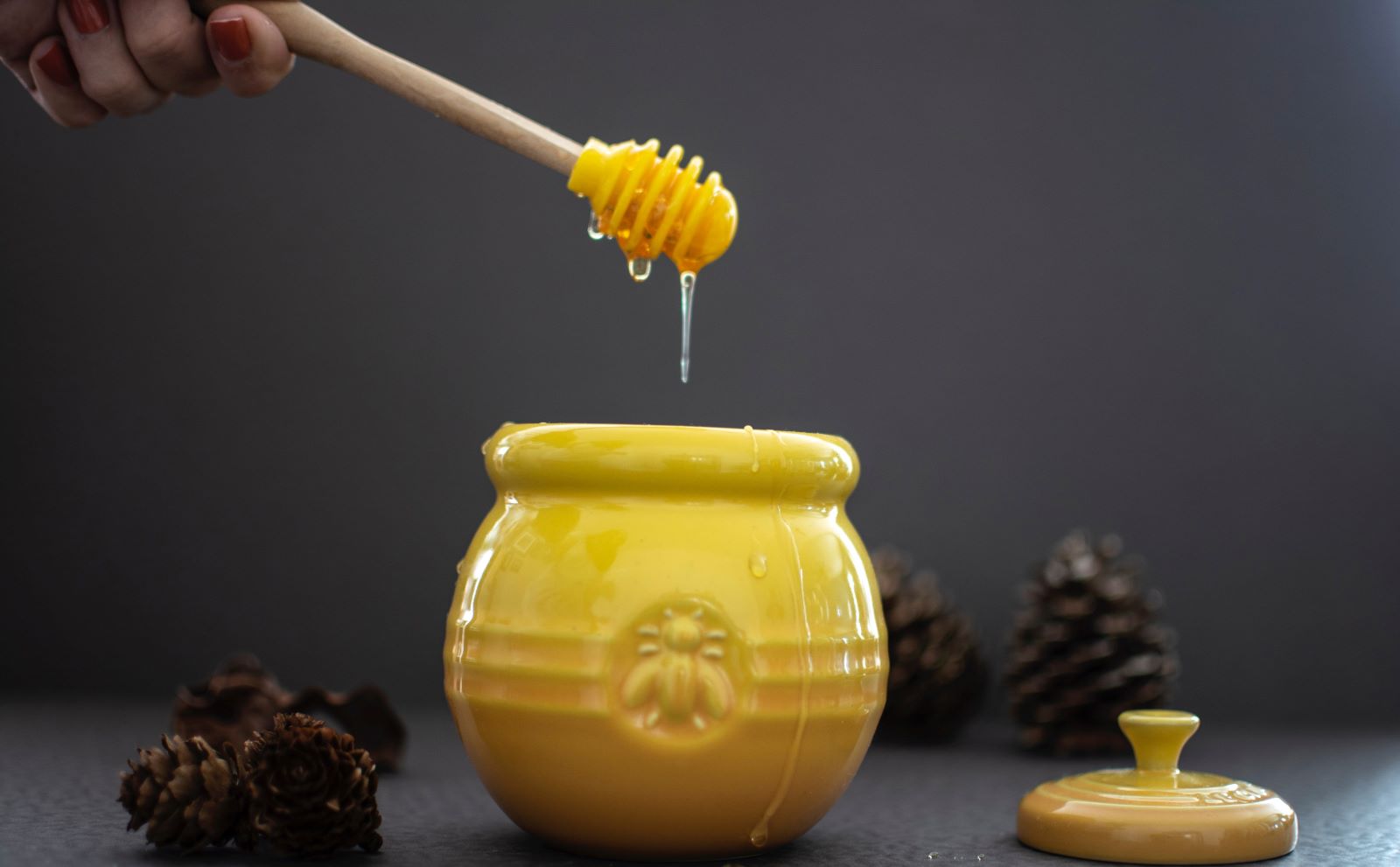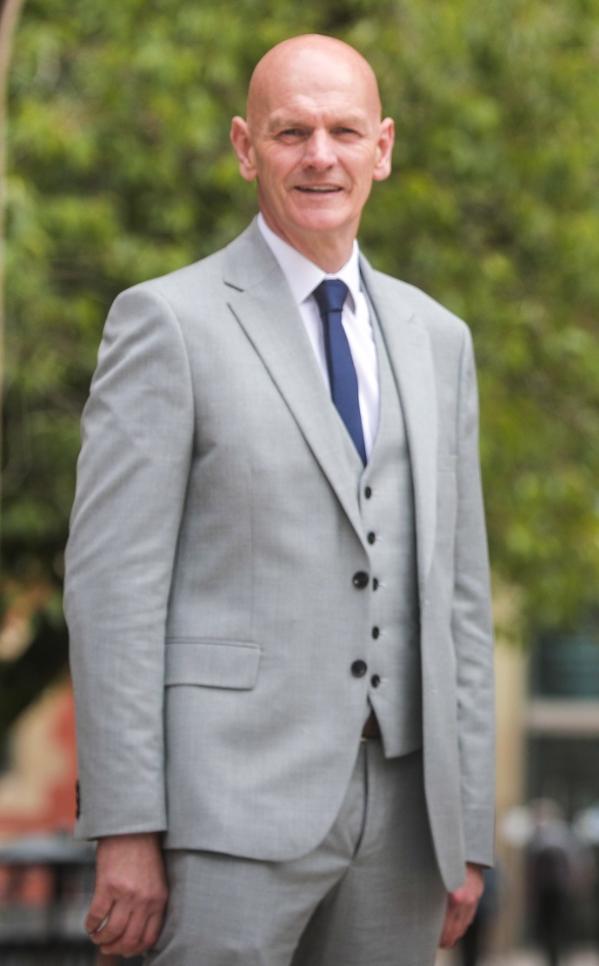SBS and UK Government Chemist dive into the sticky world of honey fraud
The SBS teamed up with the UK Government Chemist team, hosted at LGC, to publish two significant scientific papers in Nature Portfolio Journal, npj-Science of Food, highlighting the increasing complexity of honey authentication.

The papers (Honey authenticity: the opacity of analytical reports - part 1 defining the problem; and part 2, forensic evaluative reporting as a potential solution) are based on a story that appeared in the UK media in November 2020 - Supermarket brands of honey are 'bulked out with cheap sugar syrups made from rice and corn’ – after which the Food Standards Agency (FSA) asked the Government Chemist to investigate the methods that underpinned the story.
The papers, co-authored by Professor Duncan Burns, Emeritus Professor at IGFS and the School of Biological Sciences and Dr Michael Walker, Professor of Practice at Queen's – who also led the investigation at the time, as Head of the Government Chemist programme at LGC - address the complex composition of honey, and how an interpretive system used in forensic science could help to improve evaluation of analytical findings and assessment of their strength, which, in turn, can help to make authentication of honey more robust.
Summing up the papers, Professor Walker said, "The composition of honey, a complex natural product, continues to challenge analytical methods attempting to determine its authenticity particularly in the face of sophisticated adulteration, despite ongoing research.
"The analytical work behind the original news story threw up some interesting questions. Our assessment was informed by consensus views in the scientific literature confirming that multiple approaches are needed to assess honey authenticity. This inevitably leads to complex data. The summary opinion of the reporting laboratory in each of the Certificates of Analysis that were examined was unequivocally that the samples were non-compliant. However, our critical examination of the data revealed a much more nuanced picture from which it is currently difficult to draw such a definitive opinion.
"Our proposed solution of ‘evaluative reporting’, would see the acceptance of a formalised ‘likelihood ratio’ (LR) thought process used in forensic science for evaluation of findings and assessment of their strength. In the absence of consensus on techniques for honey authenticity, adoption of evaluative reporting will allow objective assessment, with equity to all, and a better basis to identify and address fraud."
Rick Mumford, Head of Science Evidence and Research at the FSA said, "We've recognised the complexity around honey testing methods for some time and the findings of these reports have confirmed this. Experts, industry and government must continue to urgently work together to find a practical solution to support accurate honey authenticity testing which includes giving full consideration to the suggested methods outlined in the report."
Following the Government Chemist research on honey authenticity testing, Defra will continue to work with the FSA and key interested parties to ensure that honey on sale in the UK meets our high standards. Honey is a complex natural product but consumers should rightly expect it to be authentic; collaboration with recognised experts and key partners will ensure effective tools are in place to detect fraudulent practices.
Professor Chris Elliott OBE, an international expert on food fraud and Professor of Food Safety at IGFS and SBS, further added, "Honey adulteration is notoriously difficult to identify correctly. Multiple disputes have arisen around what is fake and what is truly authentic. This is due to the enormous varieties of honey available worldwide and often the ingenuity of the fraudsters.
"This latest research is an important step in advancing the rigour of the incredibly detailed science behind the correct identification of honey adulteration by adopting a methodology based on a forensic-science approach. This different way of collecting and analysing scientific data will have many more applications in the global fight against food fraud and in the protection of businesses and consumers."

Media
For further information, contact IGFS comms officer u.bradley@qub.ac.uk
